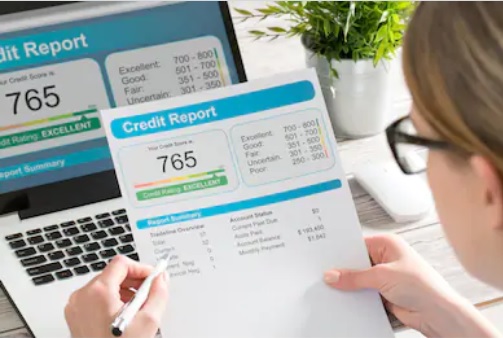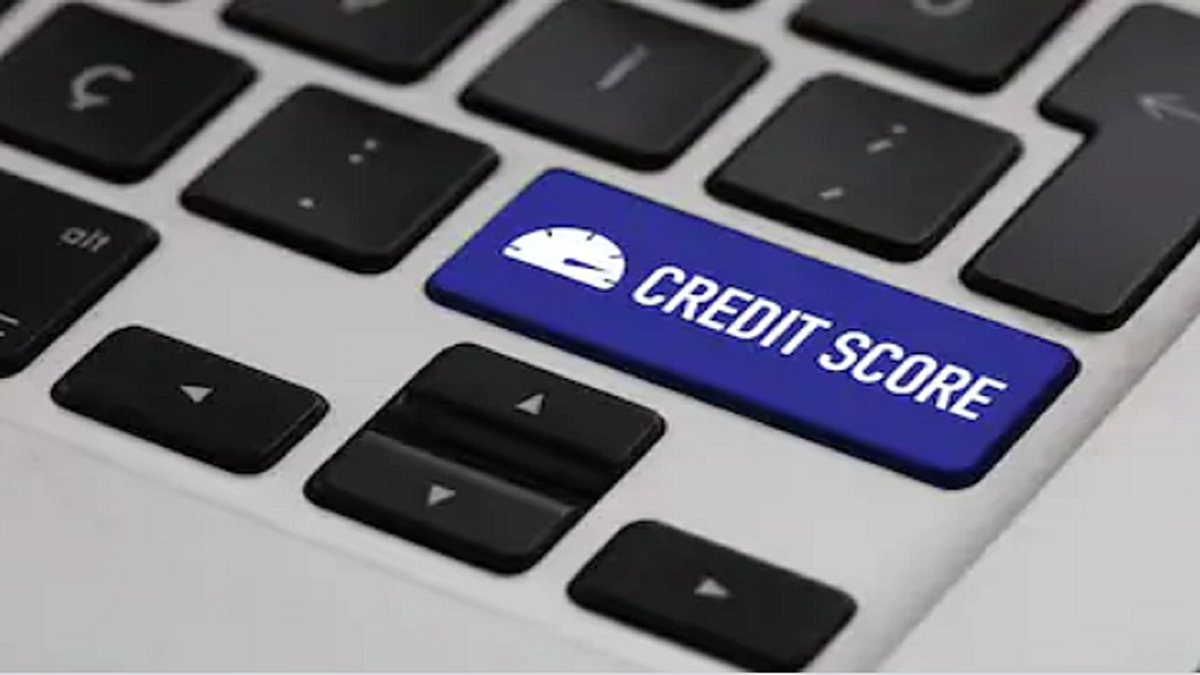Having a good credit score is essential to be approved for a home loan. That’s why it’s important to pay attention to your spending habits. Holding too much debt or not paying your bills on time could make your dream of owning a home much harder to attain.
Buying a home in Texas isn’t difficult. It just takes some research, a trusted realtor and a good credit score. Talking to your lender about any existing debt or other obligations that you may already have can help to determine what kind of mortgage you would qualify for.
Average Credit Score
The average credit score for the nation needed to qualify for a house is 684. This can vary from state to state. The average credit score for first-time homebuyers in Texas in 2018 was 671. The median age for first-time homebuyers last year was 34 years of age.
While these numbers are the averages, you don’t necessarily need to score that high to qualify for a mortgage. You need a credit score of at least 580 or more to qualify for different types of mortgage loans. FHA loans require a credit score over 580, while many conventional loans, USDA loans, VA loans, and FHA 203K loans require a credit score of 620 or better to qualify.

FHA loans generally have the lowest credit requirements of popular mortgages. They can be perfect for people who are starting to build their credit history or have outstanding debts that they are working on paying down, such as student loans or auto loans.
If you have a credit score of 580 or higher, you would need a down payment of 3.5%. This is a significant cost saving for many. You also have a greater chance of being approved for a FHA loan.
Credit Agencies & Credit Score Ratings
The major credit reporting agencies (Experian,TransUnion, and Equifax) grade consumer credit ratings. The scale ranges from 350 to 850. Here’s a breakdown of credit score ranges and ratings:
500 to 579 = Bad
580 to 619 = Poor
620 to 679 = Fair
680 to 739 = Average
740 or higher = Great
Keep in mind that the reports you receive from each credit bureau may be different because not all creditors report to all three companies.
Generally speaking, the higher your credit score is, the better the mortgage loans you can qualify for. Here’s how they typically range:
570 and under: Your interest rate could be up to 2% higher than the lowest current interest rate.
580 to 619: Your interest rate could be up to 1% higher than the lowest current interest rate.
620 to 679: Your interest rate could be up to 0.5% higher than the lowest current interest rate.
680 to 739: Your interest rate shouldn’t be affected much, if at all. This is the range that most current homebuyers are at.
740 and above: You should receive the best mortgage rates that lenders can offer.
In addition to your credit score, many lenders will also look at any outstanding debt that you may have. They want to see solid on-time payment history. Having a good employment record and a low debt to income ratio are also pluses. Other factors that they consider is the amount of savings that you currently have, income level and loan to value ratio.
If you’re concerned that your credit score may prevent you from owning a home, you can do something about it. Here are a few steps you can take:
1. Pay down credit card balances
If you have any existing credit card balances, it’s best to pay them down as much as you can, or even pay them off if you have the funds to do so.
This will help to improve your credit score and show potential lenders that you are less of a credit risk.

2. Pay your bills on time.
Paying rent, car payments, utility bills, and other bills on time is another way to increase your credit score.
You may also want to consider consolidating your bills into one monthly payment.
3. Apply for new charge accounts only when necessary.
While it’s good to have an established credit history, you don’t want to overdo it. This includes applying for charge accounts that you don’t need or probably won’t use.
Opening more charge accounts can increase the number of inquiries on your credit report. Having more charge cards than you need can also tempt people to overspend.

4. Keep your charge accounts open.
You may also have unused charge accounts. If they don’t charge annual fees, you’re probably better off leaving them open.
Closing accounts can actually raise your ratio of credit actualization. Unused charge accounts may also be handy to have in case of emergencies.
5. Check your credit score regularly.
Paying attention to your credit record is important. You can request a credit report from the three credit reporting agencies.
Review these statements so that you can dispute any unauthorized charges or inaccurate information. If you find any errors, take steps to correct them immediately.

In Conclusion
The higher your credit score, the better loans and mortgage rates you can qualify for. If you’re thinking about buying a house, take some time to look at your credit score and review your current obligations.
This is a great time to make changes to your spending habits and start setting more money aside so that you can buy the perfect home in a neighborhood that you’ll be proud to establish roots in.
Have Questions? Ask Rene!




